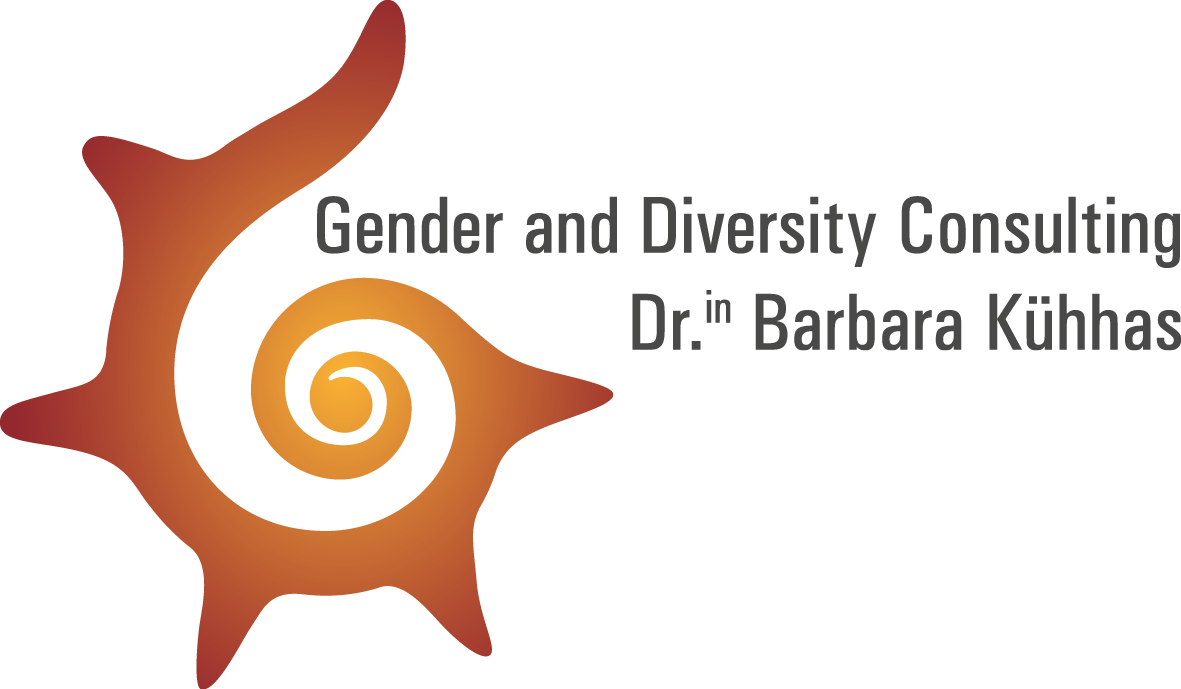By Mavic Cabrera-Balleza (Chief Executive Officer/International Coordinator, Global Network of Women Peacebuilders), This article is part of a series of stories and op-eds launched by IPS on the occasion of this year’s International Women’s Day on March 8.
NEW YORK, Mar 7 2018 (IPS) – I am one of millions of women who posted #MeToo on social media. The call to post was like a flash of light that brought back vivid memories of cat calls, male colleagues making passes, lewd jokes, men rubbing their bodies against mine in packed buses and trains and a man in an act of public sexual self-gratification on the subway.
Posting #MeToo was a cathartic moment. I was able to say publicly that these horrible things happened to me and I’m not going to let them happen again! Like many people, I am looking forward to the new day that Oprah Winfrey described in her Golden Globe speech, “when nobody ever has to say “me too” again.” Let us examine how #MeToo can be made obsolete.
The #MeToo campaign is well-known—–at least in the US and Europe and in some major cities of the world. But what is Security Council resolution 1325? Its full name is United Nations Security Council Resolution 1325 on Women, Peace and Security.
The number comes from the order in which international laws are adopted by the UN Security Council, the UN body that is responsible for international peace and security. Resolution 1325 is a ground breaking international law that recognizes that women do not participate in decisions to go to war.
All of us—women and men, girls and boys are affected by war. However, because women and girls are regarded as second class citizens in most societies, they suffer more. Resolution 1325 also says that even though women make up most of war victims, they are not passive victims. They are peacebuilders, decision-makers and change agents.
Resolution 1325 calls on governments to adopt national action plans and create enabling conditions so that women are able to participate in all levels of decision-making. The wonderful thing about Resolution 1325 is that it goes far beyond the US and European capitals and major cities.
With efforts to localize its implementation, grassroots women’s organizations in Colombia, Democratic Republic of Congo and Nepal—among many other countries—are using Resolution 1325 to organize and mobilize to participate not only in peace negotiations but also in elections, in re-writing constitutions, in policy-making and implementation, and in humanitarian actions.
The power of #MeToo
#MeToo became phenomenal because of its social media platforms. Facebook, Twitter, and Instagram made it easy, fast and safe to say #MeToo! Many women felt safe to go public and say that they were sexually harassed or assaulted because they were not pressured to provide details of the incidents. They can speak about the details when they are ready.
The stigma attached to sexual violence was not very palpable—for once. There is also safety in numbers. Knowing that millions of other women are speaking out and speaking up against the crime and their perpetrators, #MeToo snowballed because women felt that they are not alone; many women are experiencing the same sexual violence and harassment.
Furthermore, when rich, famous and beautiful women name their rich, famous and influential perpetrators, audiences paid attention. #MeToo allowed the world to realize the magnitude of the problem.
Where #MeToo doesn’t make a difference
Anyone can say #MeToo. But can women from around the world really post? Sadly no. Since it is social media-based, #MeToo is mainly an urban phenomenon.
My work takes me to many war-affected places: Surkit, Nepal; Cauca, Colombia; Apac, Uganda; North Kivu, Democratic Republic of Congo. Many of these places are rural communities where electricity is limited; and often, no internet connectivity. When internet is accessible, the connectivity costs more than the family’s monthly food budget.
Social media is not part of people’s daily lives. It is through person-to-person discussions and dialogues that they tackle their problems, manage their community affairs, and get things done.
In addition, weak or absent legal framework hinders the popularization of #MeToo campaign in many developing countries. A study by UCLA’s WORLD Policy Analysis Center found that 68 countries do not have any workplace-specific prohibitions of sexual harassment. Where they exist, such laws are also limited because they only address work place situations. What about schools, farms, churches, hospitals and market places?
Together 1325 and #MeToo can lead to a truly global movement
Localization of Resolution1325 is an implementation strategy pioneered by the Global Network of Women Peacebuilders (GNWP) which enables local population especially grassroots women to work with government authorities in policy-making and implementation.
This strategy can help the #MeToo campaign reach remote rural communities. Building on various efforts to stop the use of rape as a weapon of war, grassroots women’s organizations can gather women in local communities and provide safe spaces to talk about the sexual harassments and sexual assaults they have experienced.
Organized women can also work with influential local leaders to denounce sexual violence and declare that it is not part of their culture. The Localization of Resolution1325 and its supporting resolution 1820 on sexual violence in conflict is already enabling this to happen in Colombia, Sierra Leone and Uganda.
GNWP members in these countries work with indigenous leaders, paramount chiefs and community elders to eliminate sexual and gender-based violence, including traditional practices that violate women and girls’ rights such as child marriage and female genital mutilation.
A localized replication of #MeToo in grassroots communities which I imagine to be similar to village or neighborhood dialogues, will factor in social and cultural identifiers such as caste, class, ethnicity, religion, sexual orientation, and educational background.
These identifiers make women more vulnerable and give sexual harassment and sexual assault a more complex dimension. A response to the problem including victim support programs and preventive measures should take these identifiers into consideration.
Currently, these identifiers do not play out in the #MeToo campaign. In India for example, sexual harassment cases become more difficult to pursue when the perpetrators are upper caste men. In Colombia, there are reports that LGBT people are specific target of sexual attacks by rebels, militias and private armies.
Replicating #MeToo in local communities can also discourage perverted “solutions” and distorted understanding of sexual abuse. In a number of countries, women who are raped are married off to their perpetrators. This allows a rapist to escape punishment for his crime so long as he marries the victim.
The “marry your rapist laws” are gradually being repealed in several countries. #MeToo can spread the word about this and inspire more women to organize campaigns to abolish them; and replace them with more progressive and comprehensive laws that will protect women and girls’ rights.
Combining the broad outreach of #MeToo and the people-to-people solidarity that the Localization of 1325 guarantees can break the culture of silence on sexual abuse. Families and communities who tell victims to keep quiet because it will bring them dishonour will think twice if they hear it is now more common to support the victim and encourage her to report the crime.
In addition, the combination of #MeToo and Localization of 1325 can refute the warped logic by mostly male politicans in developing countries that “western” women’s clothing, lifestyle and values are the cause of the rapes and other sexual assaults.
Grassroots women activists who have been trained in the Localization of 1325 program have challenged such beliefs espoused by some people in their communities. With their knowledge of policy-making and implementation that was also developed through their participation in the Localization of 1325 program, women activists can work with local authorites towards effecive implementation of laws and policies on sexual and gender-based violence.
What needs to be done? Expand #MeToo, expand #Time’s Up, and allow local communities—especially grassroots women to lead the implementation in order to suit local context. I challenge the proponents and supporters of #MeToo and #Time’s Up, in the United States and Europe—including Ms. Winfrey to use their resources and influence to support local efforts in preventing sexual and gender-based violence in developing countries.
I also call on colleagues in women’s rights organizations in developing countries to understand the realities of women in the United States and Europe and strengthen our solidarity with each other. Sexual and gender-based violence in these regions of the world may have different nuances but patriarchy is our common denominator.
If we do this, we are looking at a truly global movement with #MeToo, #Time’s Up and Resolution 1325 as our shared platforms and instrument. Only then “when nobody ever has to say “me too” again.”

